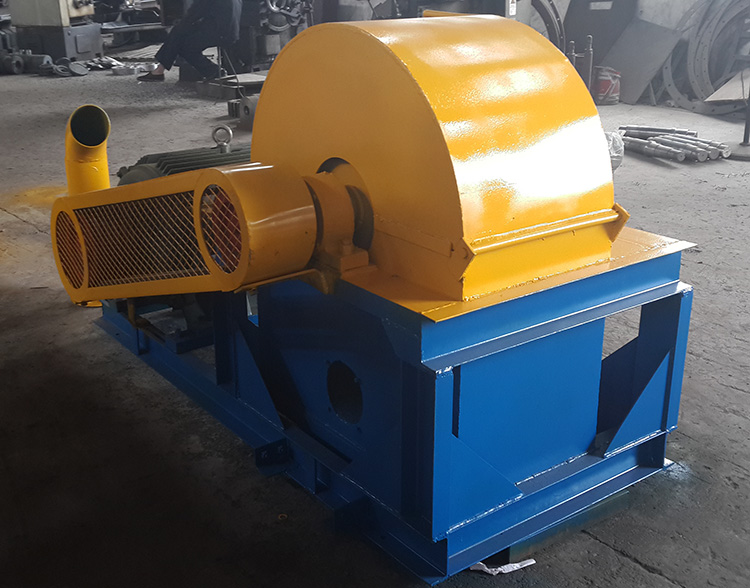Mail: htcrusher@hamachine.com
Telephone: 008618838076345
Links: YOUTUBE TWITTER FACEBOOK

In a groundbreaking development for the mining industry, Turkey has introduced an innovative and eco-friendly method of crushing lead-zinc ore, utilizing tree bark as a primary component. This revolutionary technology not only promises to enhance the efficiency of ore processing but also significantly reduces environmental impact, marking a significant shift towards sustainable mining practices.
The Traditional Challenge
Historically, the process of crushing lead-zinc ore has been energy-intensive and environmentally taxing. Conventional crushers rely heavily on mechanical force and abrasive materials, leading to substantial wear and tear on equipment and generating significant amounts of dust and noise pollution. Moreover, these traditional methods often require large amounts of energy, contributing to the carbon footprint of mining operations.
Enter Tree Bark Crusher Technology
The introduction of tree bark as a viable material for crushing lead-zinc ore is a game-changer. Scientists and engineers in Turkey have harnessed the natural fibrous structure of tree bark, which offers both resilience and flexibility. When processed correctly, this bark can be transformed into a durable and efficient crushing medium.
How It Works
Tree bark crushers operate on the principle of using the fibrous nature of the bark to break down ore particles. Unlike conventional metal-based crushers, tree bark crushers use the natural toughness and elasticity of the material to exert pressure on the ore. This method not only reduces the energy required for crushing but also minimizes the generation of fine dust particles, thereby lowering airborne pollutants.
Environmental Benefits
The adoption of tree bark technology brings several environmental benefits:
1. Reduced Energy Consumption: By utilizing a more natural and less abrasive material, the energy required for crushing operations is significantly decreased. This reduction in energy consumption translates to lower greenhouse gas emissions and a smaller carbon footprint.

2. Lower Pollution: The fibrous texture of tree bark helps trap dust particles, reducing the amount of particulate matter released into the atmosphere. This results in cleaner air and a healthier working environment for miners.
3. Biodegradability: Unlike metal components that contribute to industrial waste, tree bark is biodegradable and can decompose naturally, reducing the environmental impact of mining operations.
4. Resource Efficiency: Utilizing tree bark, a renewable resource, aligns with sustainable practices and reduces reliance on non-renewable materials typically used in traditional crushers.
Economic and Social Impact
Beyond its environmental advantages, tree bark crusher technology also offers economic and social benefits. The reduced need for energy and maintenance can lower operational costs for mining companies, making the extraction of lead-zinc ore more economically viable. Additionally, the creation of jobs centered around the cultivation and processing of tree bark can stimulate local economies and provide employment opportunities in rural areas.
Future Prospects
As Turkey continues to lead the way in implementing tree bark crusher technology, other countries are taking note. The success of this innovation could pave the way for similar advancements in other sectors of the mining industry, promoting global efforts towards sustainability. Researchers are already exploring the potential applications of tree bark in different types of ore processing, indicating a promising future for this eco-friendly technology.
Conclusion
The integration of tree bark crusher technology in Turkey's lead-zinc ore processing marks a significant milestone in the journey towards sustainable mining. By combining natural resources with innovative engineering, this approach not only enhances operational efficiency but also sets a new standard for environmental stewardship in the mining industry. As the world grapples with the challenges of climate change and resource depletion, such advancements offer hope for a greener, more sustainable future.
Copyright © hengtong machinery Privacy Policy